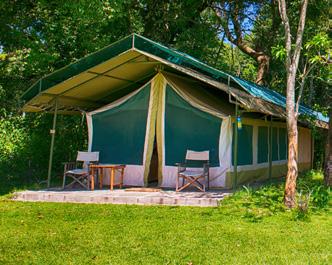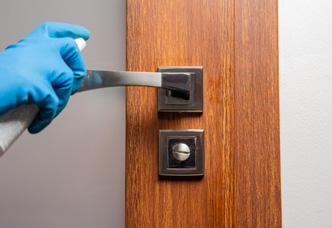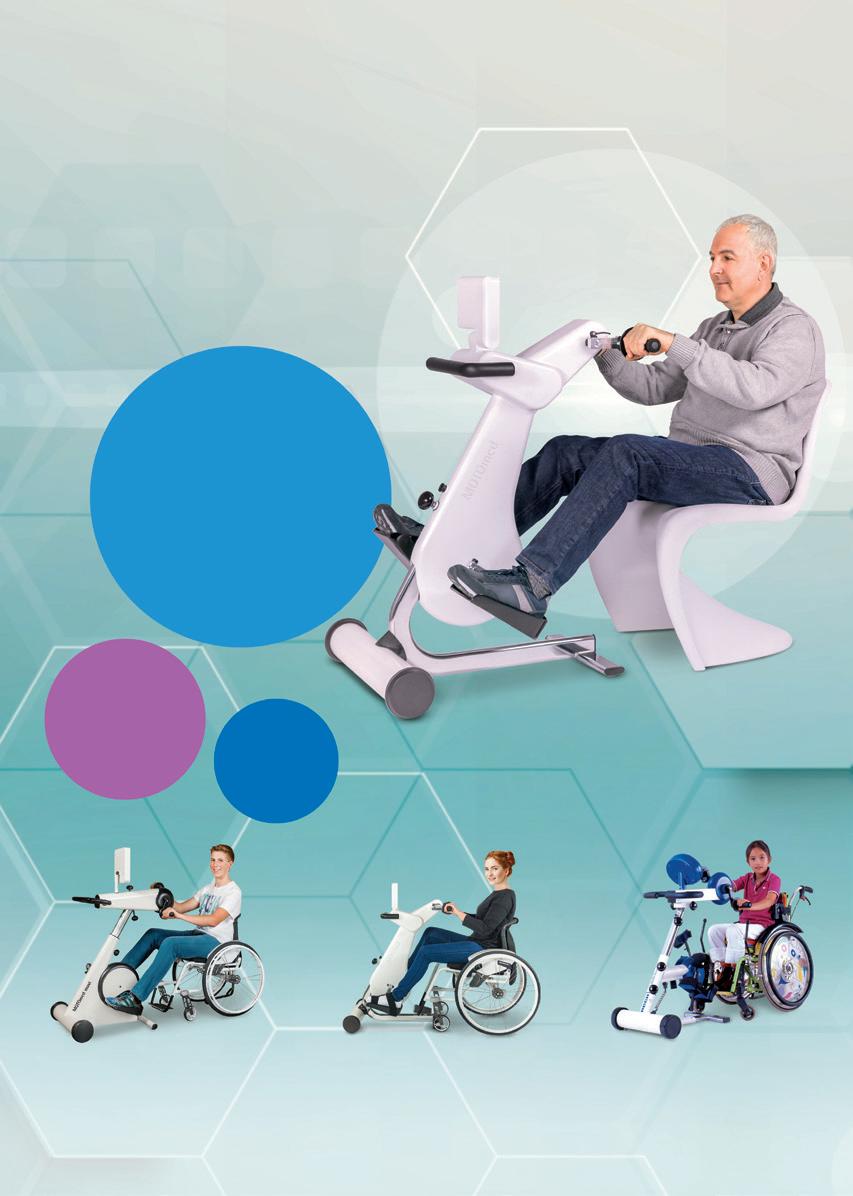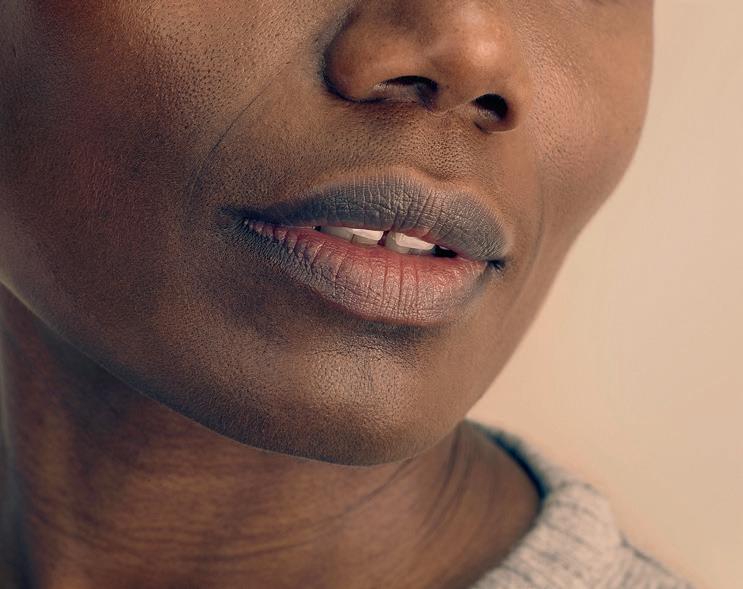
7 minute read
SAFE TRAVEL
SAFETRAVEL
BY CARRIE-ANN LIGHTLEY
Advertisement
Understandably most people will be apprehensive about taking a holiday this year. With all the new restrictions and concerns over cleanliness, social distancing and travel it can be difficult to know where is safe to book. Carrie-Ann Lightley has been exploring the new measures businesses are putting in place to ensure their accommodation is safe to welcome customers.
I’ve been chatting to accessible holiday providers across the UK, to find out more about how they’re making travel safer for disabled people in the ‘new normal’. I interviewed:
The Amble Inn - a pub with rooms offering wheelchair accessible facilities in Northumberland
Canvas & Campfires - a business offering wheelchair accessible glamping safari tents in Wales Cottage in the Dales - luxurious, tranquil, beautiful and accessible self-catering cottages in the Yorkshire Dales Croft Bungalow - an accessible self-catering holiday cottage in Derbyshire Hoe Grange Holidays - who offer self-catering log cabins with disabled access in the Peak District
CHANGES TO ACCESSIBILITY
I’m pleased to say that accessibility remains at a high standard at all of these accommodations.
The Amble Inn are now providing full table service and are no longer taking orders at the bar. Canvas & Campfires are producing captioned video guides to demonstrate how everything in their tents works in place of their in-person settling in service. Croft Bungalow staff are wearing PPE to welcome guests, and have optional visors in place of masks to accommodate guests who lipread. Steve Dawes, owner of Croft Bungalow, said: “Accessibility is not a marketing twist or an add on for us. We cater specifically for parties/families with accessibility requirements.”

COVID SAFE TRAINING
All of the businesses I spoke to have undertaken extra training and produced COVID-19 risk assessments to ensure that their venues are as safe as possible. Diane Howarth, Owner of Cottage in the Dales, said: “The key thing is to get the training, put in place the measures and communicate these to guests to give them the information and confidence to make an informed decision about taking/booking a holiday with us.” Look out for the Visit England ‘We’re Good to Go’ Mark. This certification means that the tourism business is following government and industry COVID-19 guidelines and has all the correct cleaning protocols, risk assessments and preparations in place for making your holiday as risk free as possible.
CLEANING PROCEDURES
Before I started these interviews, I asked my Twitter followers what they’d like to know, to help them feel safe when booking their next accessible holiday. The replies made it clear that the most important change to communicate was cleaning procedures. I was impressed by the level of detail that all of the holiday providers went into when answering this question, all recognising the importance of a two-step process, cleaning and then disinfecting. Close attention is being paid to sanitise all contact and high touch points, including things like coat hangers, TV remotes, door handles and frames, light switches, and grab bars.
Cottage in the Dales and Hoe Grange Holidays are committed to using eco-friendly cleaning products, as well as a viricidal sanitiser to disinfect.
Valuable,

NOT VULNERABLE
BY PAUL F COCKBURN
Paul explores the challenges and opportunities facing disabled people as we start to emerge from lockdown
Turn up to meeting, discover venue not accessible, come home. So it begins. They are easing lockdown, we’re going back to being excluded. I have so had enough of this 2nd class citizen crap.” So tweeted a frustrated and angry Mik Scarlet – PosAbility columnist and accessibility expert – on 24 July 2020, as he decided not to attempt navigating the “unnecessary” steps in a “fashionable” coffee shop. The same day, Sense – the charity which supports deafblind people and those living with complex disabilities – released a shocking video showing guide-dog user Karolina Pakenaite being abused by fellow Merseyrail passengers for temporarily removing her face mask.
“I can no longer stay silent about this as I keep experiencing attacks and hearing similar experiences from others too,” Karolina says. “It’s taking an effect on my mental health. Please, respect people individually; ask us, listen, discuss. I am always happy to hear ideas for alternative solutions, but harassment, name calling or any type of abuse or aggression will never be ok.”
Thanks to COVID-19 the last few months have been stressful for most of us, one way or another, but the irony now is that the slow progress out of lockdown is bringing its own problems, especially for many disabled people. Of course, we each have our own particular and unique challenges and situations to deal with. It’s fair to say, though, that many of us are finding the so-called “new normal” as potentially distressing and anxiety-inducing as the lockdown itself, which may make at least some of us feel it would be easier to stay isolated at home— regardless of the damage to our mental health.
Simple things like officially-approved “exemption cards” could make a difference when it comes to mask-wearing on public transport and in shops – both now mandatory in Scotland and England – but there’s certainly a feeling that more concise and focused guidelines would help everyone.
“There’s a lot of conflicting information for all people, let alone disabled people,


about the rules,” says social entrepreneur and disability rights adviser Martin Sibley. The co-founder of online resource Disability Horizons has type two spinal muscular atrophy, so was shielding from the outside world from the start of the lockdown—all while coping with genuine fears around COVID-19 being brought into his home unintentionally by members of his care team.
Admittedly, lockdown did have some advantages. “For a long time now I’ve worked at home,” he says. “So work, day-to-day, in some ways was better; I found not having to go off to London for meetings, and off to conferences and long days out, was better for my health and energy. But there was also the downside: I felt a bit of Zoom-fatigue, I felt a bit tired being on a laptop morning till night, and not having car rides and train journeys to catch up with books and podcasts, and break the day up a bit.” Not everyone is so lucky, of course. “There are people [whose] job really can’t be done at home, so that’s a bigger worry for those who have been shielding—to either go back to work and risk getting the virus, or stay at home and maybe risk being made redundant and losing their job.”
He worries too that the lockdown has reinforced some stereotypes around disabled people. “I think labelling us as ‘vulnerable’ was a bad choice of wording; we understand we’re ‘vulnerable’ in the context of the virus, but just to say that as a broad-brush labelling was awful and terrible.” Working with inclusive marketing agency Purple Goat, Martyn wants to push a simple message: “Disabled people are valuable, not vulnerable.”
For all of us, coming out of lockdown – especially when we know that COVID-19 is “still out there” – will require renewed confidence. “Rebuilding confidence about not contracting the virus, rebuilding confidence of getting back on public transport and going into buildings, and maybe even just a slight anxiety of social interactions, so I think there’s going to be a lot of areas we need to build up confidence—that we are worthy, we are valuable,” says Martyn. “But equally, you know, I feel there’s been positive changes that have gone on where there is more inclusion of disabled people – we’ve home education, home work, home leisure. Maybe there are positives to come out of this as well.”
After all, how many of us knew what Zoom was in January? Now the world and its mother is having Zoom meetings online.
“One way or another, we will be able to harness COVID-19 to maybe build a more inclusive and accessible world for everyone. And let’s hope we can take it in that direction rather than be left out more than we were before.”








